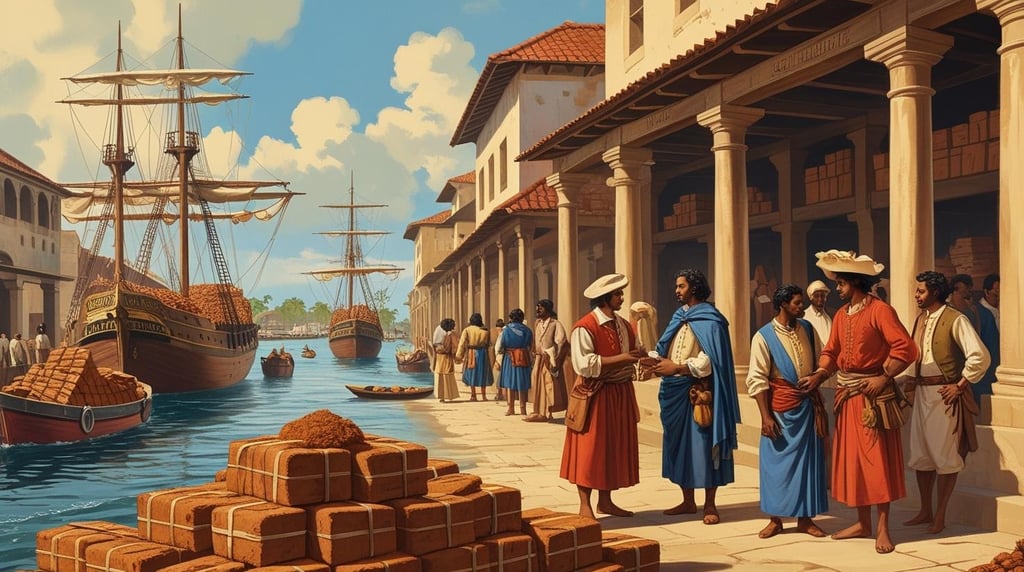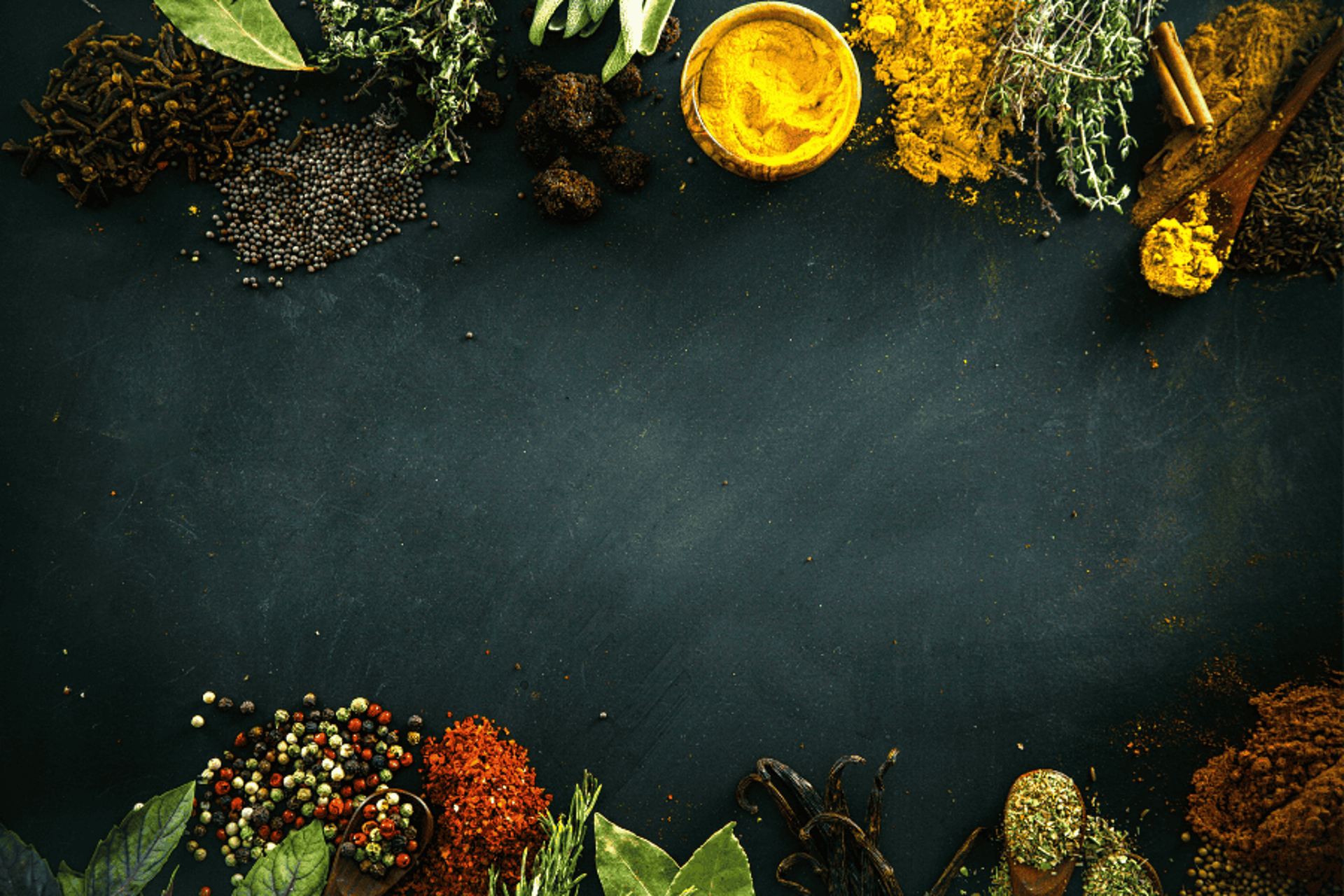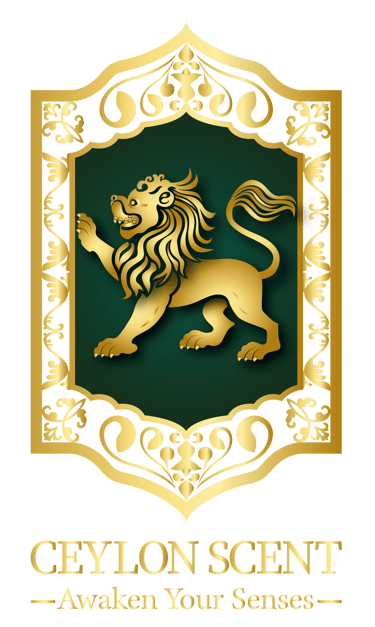How the Portuguese Seized the Cinnamon Trade: The First European Spice Monopoly in Ceylon
The Portuguese were the first Europeans to exploit Ceylon cinnamon commercially, monopolizing its trade for over 150 years. They used military power, local alliances, and strict control to dominate the market - until the Dutch East India Company overthrew them with help from local resistance.
CEYLON CINNAMON HISTORY & HERITAGE
8/3/20252 min read


The Portuguese played a critical and transformative role in the Ceylon (Sri Lankan) cinnamon trade from the early 16th century until their displacement by the Dutch in the mid-17th century. Their involvement marked the shift from Arab and Moorish control of the spice trade to European colonial monopolies.
Initial Arrival and Trade Agreements
The Portuguese first arrived in Sri Lanka in 1505 by accident, blown off course by a storm. Quickly recognizing the island’s immense wealth in cinnamon, they established diplomatic relations with local rulers (notably the Kingdom of Kotte) and negotiated trade agreements allowing them access to the lucrative spice in exchange for military support.
Early interactions were mainly commercial, but the Portuguese rapidly expanded their influence, setting up a fortified trading post in Colombo and using diplomacy and force to entrench their position along the strategically vital coastal regions.
Monopoly and Control
The principal motivation for tightening Portuguese control was cinnamon’s high value in European markets. The Portuguese swiftly ousted Moorish and Arab traders, ending centuries of their monopoly and beginning their own.
The industry was tightly regulated: only the Portuguese Captain in Colombo could authorize cinnamon buying and selling. Licenses were required for trade, concentrating power among colonial elites and diminishing the influence of local producers.
To maximize profits, the Portuguese imposed severe regulations on cinnamon growers and peelers. Crimes such as mismanagement of cinnamon groves, theft, or selling cinnamon outside official channels could be punished by death. This harsh approach reflects the extreme importance the Portuguese placed on maintaining high-quality supply and controlling price.
Methods of Operation
The Portuguese harvested wild cinnamon and required people living in their territory to pay annual tributes of cinnamon. The peelers, often organized by caste, had their lives and livelihoods strictly dictated by colonial administration.
Over time, the Portuguese began interfering increasingly in local politics, supporting compliant rulers and applying military force to expand and defend their monopoly. They maintained control by building forts and securing coastal strongholds.
Economic and Political Impact
Cinnamon became the staple export of the Portuguese in Sri Lanka, and they established trade connections with other powers, including Dutch and Persian merchants.
Portugal’s aggressive pursuit of cinnamon profits, along with their lack of sensitivity to traditional social and economic structures, led to local resentment and frequent uprisings.
Their dominance prompted local rulers (especially the Kingdom of Kandy) to seek new alliances. Eventually, the Dutch were invited by local powers to help expel the Portuguese, leading to a transfer of power and a new era of colonial monopoly.
Legacy
By ousting previous Moorish traders and centralizing power through military force and economic regulation, the Portuguese set the template for future European colonial control of the Ceylon cinnamon industry.
Their legacy includes not only the expansion of the global cinnamon trade but also the entrenchment of coercive colonial systems, which would later be further developed by the Dutch and the British.
In summary: The Portuguese transformed the cinnamon trade in Sri Lanka into a tightly controlled European monopoly, enforcing harsh trade laws, monopolizing exports, building colonial infrastructure, and shaping the course of the island’s history—all spurred by the immense value of "true cinnamon."



